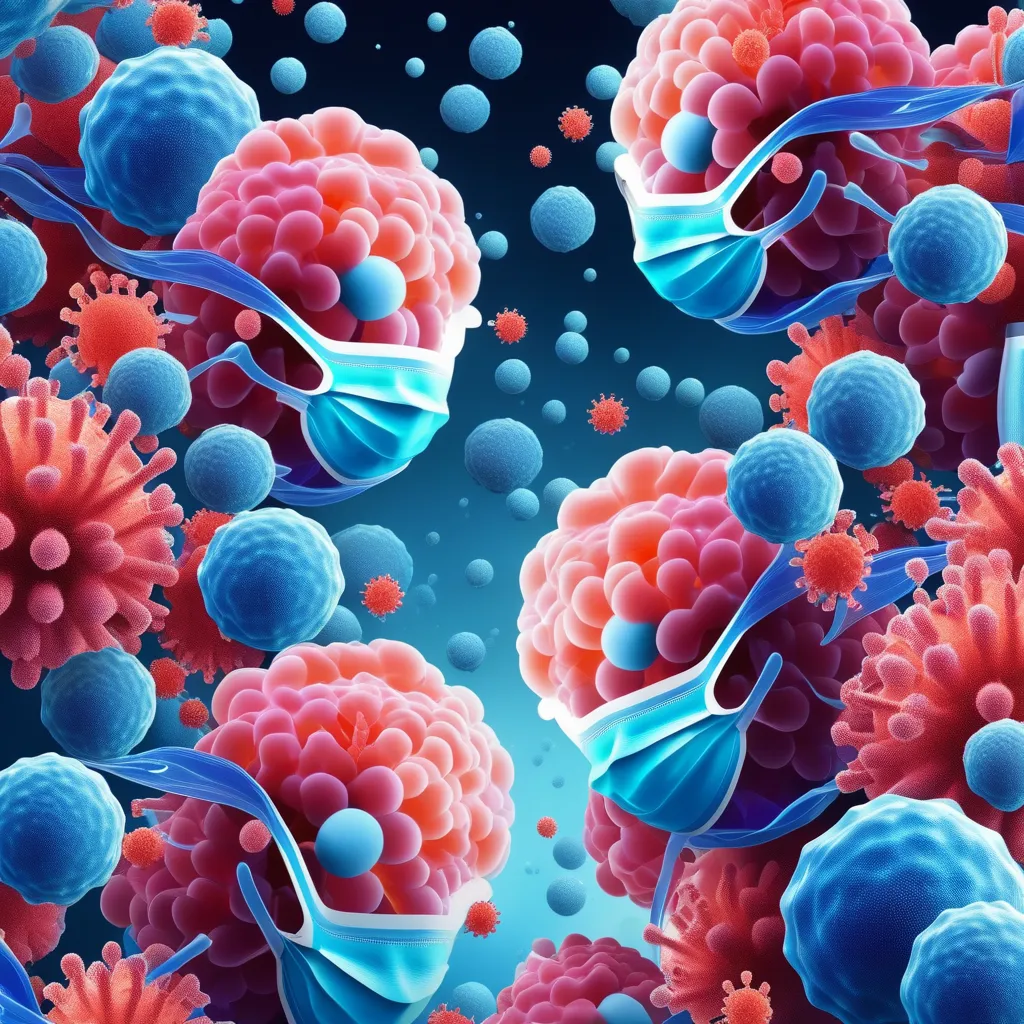how long are you contagious with covid
Title: Navigating the Contagion Timeline: Understanding COVID-19's Contagious Period
Introduction:
Hello, health-conscious readers! If you've ever found yourself wondering, "How long am I contagious if I have COVID-19?" – you're not alone. It's a question that pops up when navigating the uncertainty of illness. I remember the anxiety I felt when a friend tested positive, and suddenly, I was hyper-aware of every cough and sniffle. Let's unravel the mystery surrounding how long you're contagious with COVID-19.

The Basics: When Does Contagion Begin?
The Initial Days of Contagion
The contagious period for COVID-19 typically starts a couple of days before symptoms appear. This means you can unknowingly spread the virus before realizing you're sick. It adds a layer of complexity to the efforts to contain its spread.
Personal Anecdote: My friend unknowingly attended a small gathering a few days before showing symptoms. It made me realize how stealthily the virus can move.
Symptom Onset: The Contagious Peak
Symptoms and Contagiousness
Once symptoms kick in, you're generally most contagious during the first few days. This is when the viral load in your body is higher, increasing the risk of transmission. Coughing, sneezing, and even talking can release respiratory droplets containing the virus.
Personal Anecdote: I remember feeling relieved when my friend's symptoms started improving. Little did I know, those initial days were crucial in terms of contagion.
Days Since Symptom Onset: The Contagious Countdown
The 10-Day Rule
One common guideline is the 10-day rule. If you've had COVID-19, you're often considered contagious for about 10 days after symptoms first appeared. However, this can vary, and it's essential to consider other factors.
Personal Anecdote: My cousin, who is a healthcare worker, had a lingering cough after recovering from COVID-19. It highlighted the importance of considering individual recovery trajectories.
Recovery Factors: Not One Size Fits All
Individual Variability
Recovery from COVID-19 varies from person to person. Some individuals may continue to shed the virus for a longer period, especially those with weakened immune systems. It's crucial to pay attention to your body's signals and follow healthcare guidance.
Personal Anecdote: A friend of mine, who had a milder case, was surprised by how quickly she felt better. It reinforced the point that recovery experiences can differ widely.
Testing Negative: A Green Light?
Negative Test Results and Contagiousness
Many people wonder, "If I test negative, am I no longer contagious?" While a negative test result is encouraging, it doesn't necessarily mean you're virus-free. Some individuals can continue shedding the virus even after symptoms improve.
Personal Anecdote: My colleague tested negative after a bout with COVID-19 but was advised by their healthcare provider to continue isolating due to lingering symptoms.
Public Health Guidance: Listen to the Experts
Guidelines from Health Authorities
Public health organizations, such as the CDC and WHO, provide valuable guidance on the contagious period for COVID-19. These guidelines consider factors like symptoms, duration, and individual health status.
Personal Anecdote: Navigating my friend's recovery, we found comfort in the clear guidelines from health authorities. It provided a roadmap during an uncertain time.

Conclusion:
Understanding how long you're contagious with COVID-19 involves a mix of science, personal experiences, and individual recovery journeys. If you find yourself in this situation, trust the guidance of healthcare professionals, follow public health recommendations, and give yourself the time and space needed for a full recovery. In a world where uncertainty can be unsettling, knowledge becomes a powerful tool in navigating the complexities of contagiousness and recovery. Stay informed, stay vigilant, and most importantly, stay well.